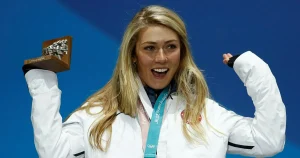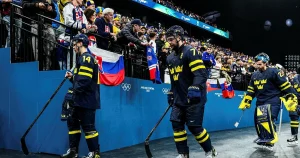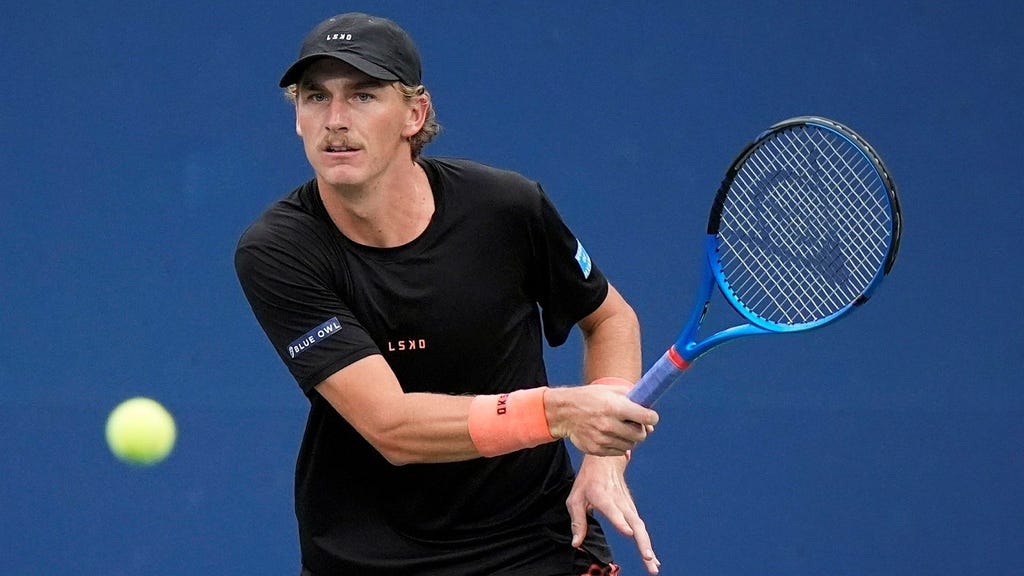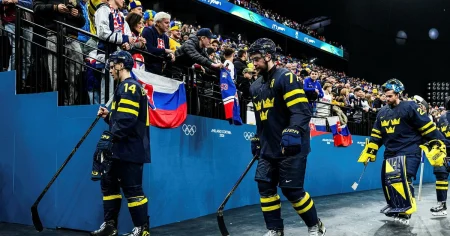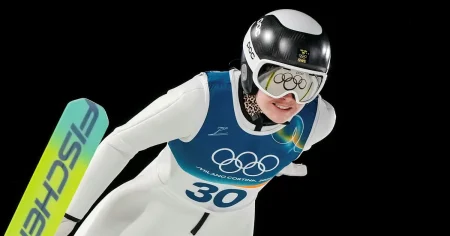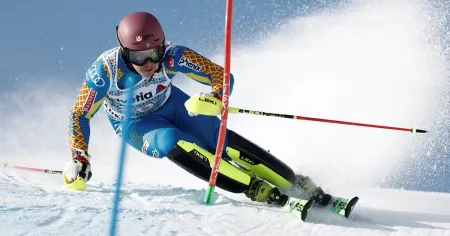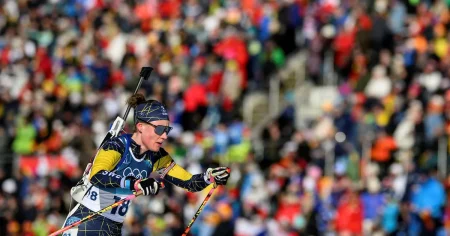Max Purcell, the twelfth-ranked doubles tennis player globally, has voluntarily accepted a provisional suspension from the International Tennis Integrity Agency (ITIA) following an unintentional violation of anti-doping regulations. Purcell’s suspension stems from an inadvertent administration of vitamins exceeding the permissible limit of 100 milliliters. The Australian tennis star expressed his dismay at the situation, emphasizing his commitment to complying with the World Anti-Doping Agency (WADA) guidelines. He stated on Instagram, “I was completely convinced that I had done everything to ensure that I followed WADA’s rules and methods. This news was devastating for me because I am proud to be an athlete who always ensures that everything is right according to WADA’s rules.” The provisional suspension, effective December 12th, prohibits Purcell from participating in, training for, or attending any tennis event sanctioned by governing bodies or national associations. Crucially, this prevents his participation in the upcoming Australian Open in January, a significant blow to the Wimbledon and US Open doubles champion. The ITIA clarified that the duration of the provisional suspension remains unspecified, but any time served will be credited towards any eventual sanctions imposed.
This incident highlights the stringent nature of anti-doping regulations in professional sports and the potential consequences, even unintentional, for athletes. Purcell’s claim of unknowingly exceeding the vitamin dosage limit underscores the importance of meticulous attention to detail and the responsibility athletes bear for understanding and adhering to WADA’s complex guidelines. While the specific vitamin and its potential performance-enhancing effects remain undisclosed, the case brings to light the nuanced challenges athletes face in navigating the landscape of permissible supplements and medications. The situation also raises questions about the support systems available to athletes to ensure compliance, potentially highlighting areas where education and guidance could be strengthened. The impact on Purcell’s career remains uncertain, pending the outcome of the ITIA’s investigation and any subsequent sanctions.
The timing of Purcell’s suspension resonates with other recent high-profile cases involving anti-doping violations in the tennis world. Notably, Iga Swiatek, a five-time Grand Slam champion, recently accepted a one-month suspension after testing positive for trimetazidine, a prohibited substance. This case, alongside Purcell’s, underscores the vulnerability of athletes to unintentional violations, emphasizing the need for robust preventative measures and education. In contrast, world number one Jannik Sinner was cleared by the ITIA after testing positive for a metabolite of clostebol, a banned steroid, demonstrating the complexities and varying outcomes of anti-doping investigations. Sinner’s case, unlike Swiatek’s and Purcell’s, resulted in only a temporary suspension during the investigation process, highlighting the variability in the application of sanctions based on the specific circumstances.
The juxtaposition of these cases underscores the importance of due process and thorough investigation within the framework of anti-doping regulations. While Purcell maintains his innocence, claiming unintentional violation, the ITIA’s investigation will determine the appropriate course of action. This process could involve further analysis of the circumstances surrounding the vitamin injection, including the type of vitamin administered, the dosage, and the method of administration. The ITIA will likely also consider Purcell’s past record and any mitigating factors before reaching a decision. This comprehensive approach aims to ensure fairness and uphold the integrity of the sport while safeguarding athletes’ rights.
The implications of Purcell’s suspension extend beyond his individual career, impacting his doubles partnerships and the broader tennis community. His absence from the Australian Open disrupts his successful collaborations with Matt Ebden and Jordan Thompson, with whom he achieved Wimbledon and US Open victories respectively. This disruption underscores the interconnectedness of doubles pairings and the potential ripple effects of an individual’s suspension on team dynamics and tournament outcomes. Furthermore, Purcell’s case serves as a reminder to all athletes and their support teams about the importance of meticulous adherence to anti-doping regulations.
In conclusion, Max Purcell’s provisional suspension for exceeding the permissible vitamin dosage limit underscores the complex and demanding nature of anti-doping compliance in professional sports. His case, alongside recent incidents involving other prominent tennis players, highlights the vulnerability of athletes to unintentional violations and the need for continuous education and vigilance. The ITIA’s ongoing investigation will determine the appropriate course of action, considering the specific circumstances and ensuring a fair and transparent process. While the outcome remains uncertain, the incident serves as a timely reminder of the crucial role of anti-doping regulations in maintaining the integrity of tennis and protecting the health and well-being of athletes. The case also highlights the need for clear communication and support systems to empower athletes to navigate the intricate landscape of permissible substances and avoid unintentional violations.


